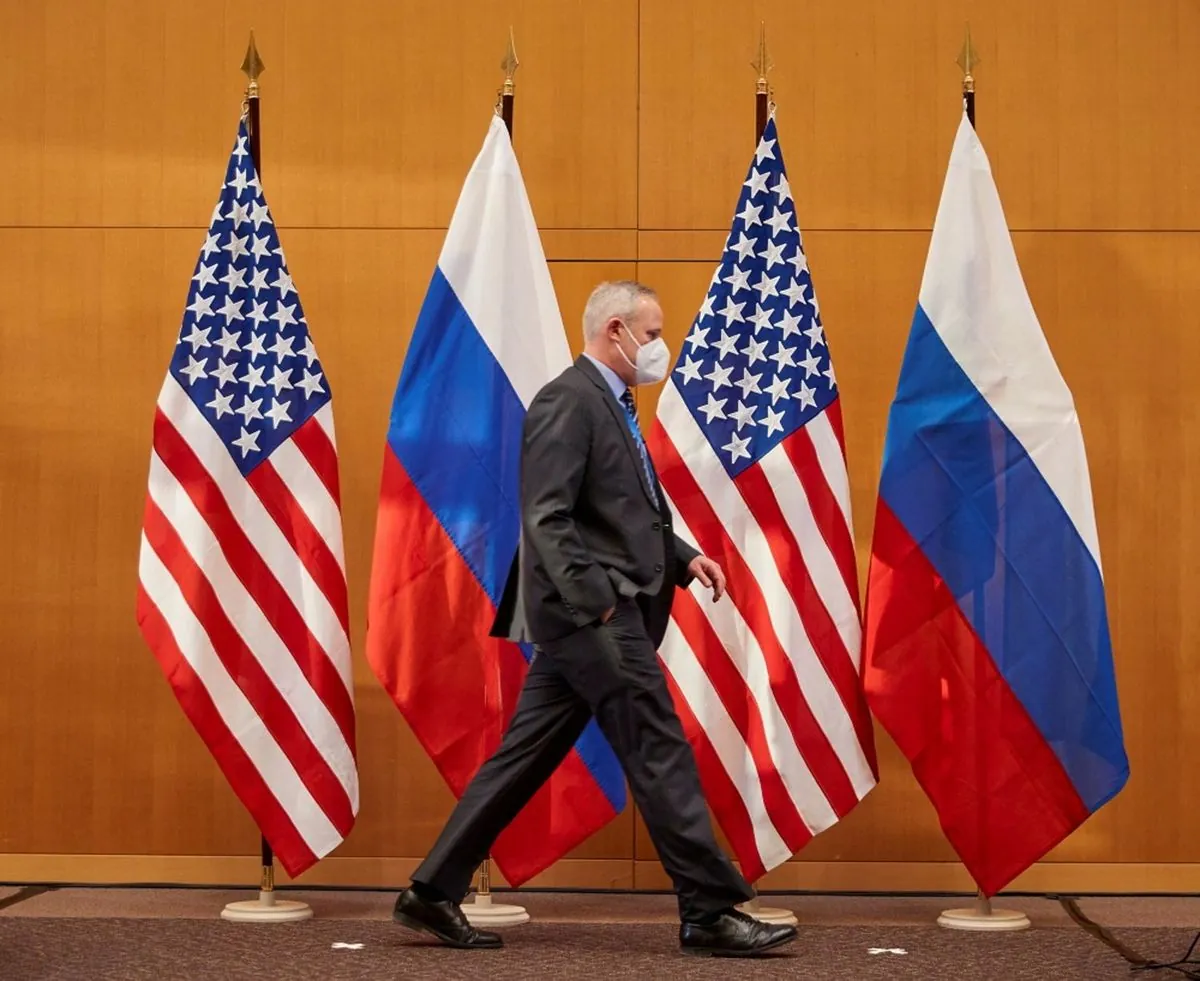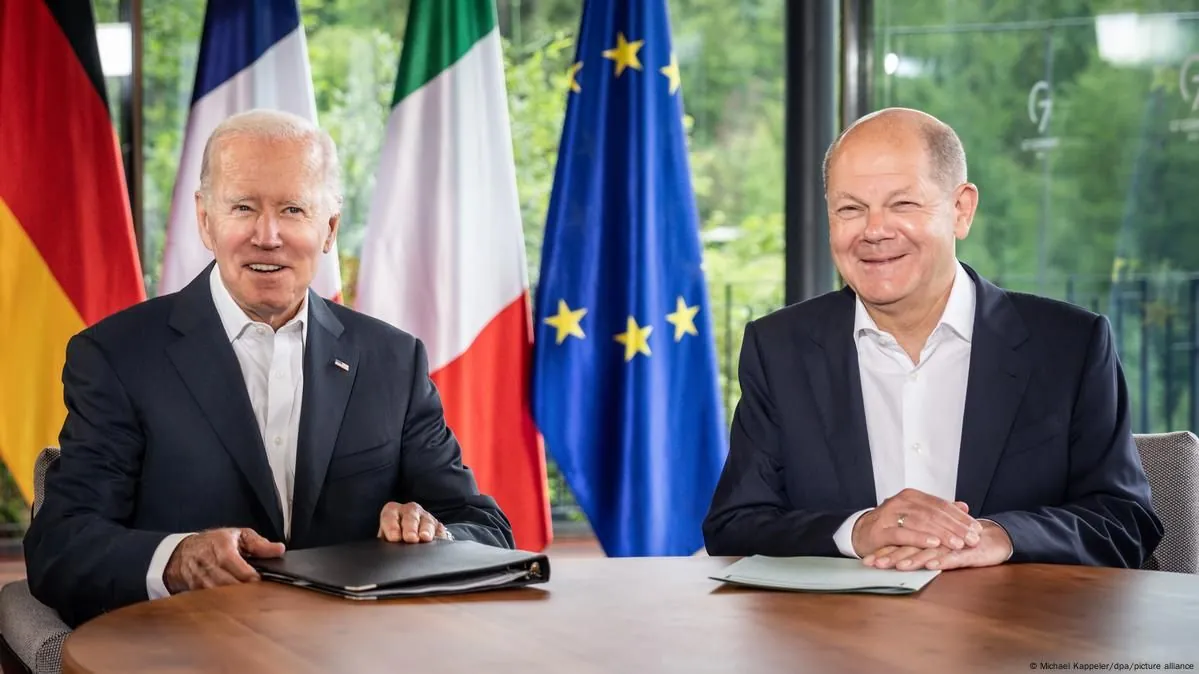U.S.-Russia Prisoner Swap: Biden's Foreign Policy Milestone Amid Criticism
A major prisoner exchange between Russia and the West marks a significant diplomatic achievement for President Biden, despite Republican concerns over potential encouragement of hostage-taking.

A significant prisoner exchange between Russia and Western nations has recently taken place, marking a notable diplomatic achievement for President Joe Biden's administration. This swap, occurring on July 30, 2024, involved the transfer of 24 individuals, including four Americans returning to the U.S. and eight Russians being sent back to their country.
Among those released were Evan Gershkovich, a Wall Street Journal reporter, and Paul Whelan, a former U.S. Marine, both of whom had been detained in Russia. Their release came at a cost, however, as the U.S. agreed to free Russians convicted of serious crimes, raising concerns about potential encouragement of hostage-taking by U.S. adversaries.
The exchange was facilitated by Germany's crucial role in accepting Vladimir Putin's demand to release Vadim Krasikov, who had been convicted of murdering a former Chechen militant. This cooperation highlights the improved relations between Germany and the United States under Biden's administration compared to the previous presidency.

While the swap is seen as a foreign policy accomplishment, it has not been without criticism. Republican opponents have quickly voiced their concerns, with Michael McCaul, chair of the U.S. House Foreign Affairs Committee, stating:
This exchange follows a pattern of similar deals during Biden's term, including the 2022 swap of basketball star Brittney Griner for convicted Russian arms dealer Viktor Bout, and exchanges with Iran and Venezuela in 2023.
The timing of this deal, coming in the final months of Biden's presidency, has raised questions about Putin's motivations. Some speculate that the Russian leader may have calculated it was better to negotiate with Biden rather than risk starting from scratch with a potential new administration.
Despite this diplomatic success, Biden's overall foreign policy record remains mixed. While he has strengthened alliances with NATO and key Asian partners like Japan and South Korea, his administration has faced ongoing challenges in Ukraine, the Middle East, and with China's assertiveness in the Indo-Pacific region.
As Biden's term nears its end on January 20, 2025, the task of securing the release of dozens of U.S. nationals still detained abroad, including in Russia, China, and Iran, will likely fall to the next administration. The success of this recent exchange may serve as a blueprint for future negotiations, but it also underscores the complex nature of international diplomacy in an increasingly volatile global landscape.


































